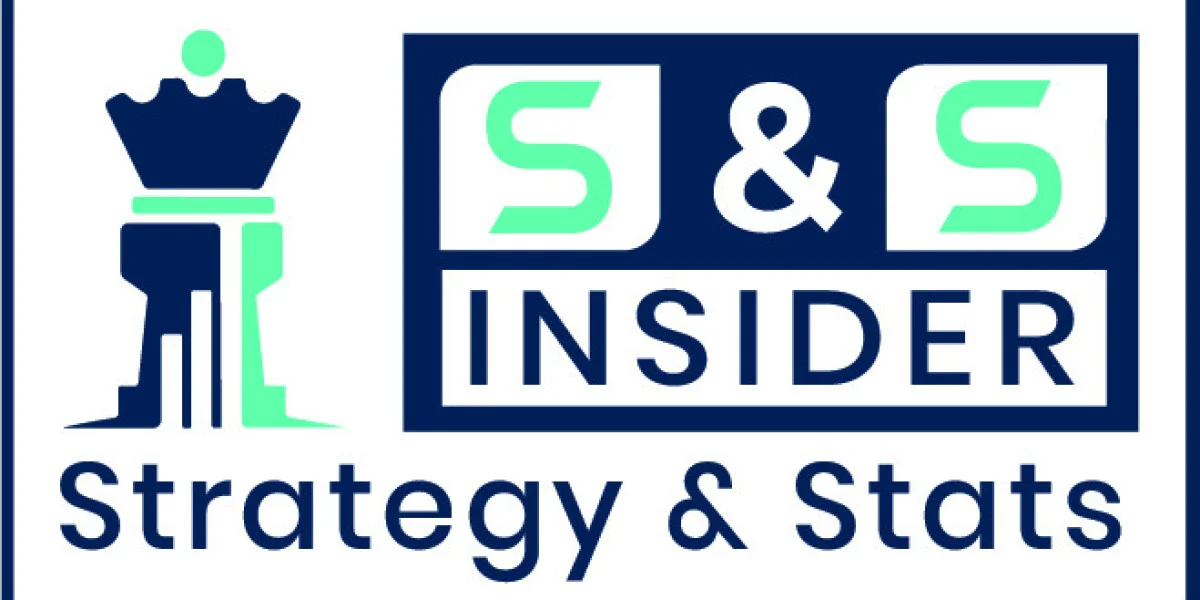In white collar cases, timing is everything. Waiting too long to consult a defense attorney could be the difference between a quick resolution and a public legal nightmare. Many individuals miss the early warning signs of a looming investigation or criminal charges until it’s too late. If you suspect you’re being watched, audited, or investigated—even informally—it’s time to talk to a white collar defense attorney.
Why Early Legal Help Is Crucial in White Collar Cases
White collar crimes are typically investigated behind closed doors for months—or even years—before charges are filed. Prosecutors build detailed cases using financial records, surveillance, digital communications, and whistleblower testimony. By the time someone is arrested, the government often has overwhelming evidence.
But here’s the good news: if you act early, you may be able to stop charges from ever being filed.
A seasoned white collar defense attorney can:
- Intervene before indictments
- Communicate with investigators on your behalf
- Clarify misunderstandings
- Negotiate immunity or cooperation agreements
- Help you avoid arrest, public exposure, and career damage
That’s why recognizing early signs of legal trouble is critical.
Red Flags That You Need a White Collar Defense Attorney
Below are common signals that suggest you’re under scrutiny—and should call an attorney immediately.
1. You’re Contacted by Investigators or Agents
If law enforcement or regulatory agents (such as the FBI, IRS, SEC, or DOJ) contact you, even informally, it’s a serious warning sign. They may ask:
- For a voluntary interview
- To clarify financial activity
- To provide documents or login credentials
Even if you think you’ve done nothing wrong, never speak to investigators without a lawyer present. Innocent statements can be misinterpreted—or used against you.
2. You Receive a Subpoena
A subpoena means your name is connected to an active investigation. It may require you to:
- Produce financial records or emails
- Appear before a grand jury
- Testify about your business dealings
This is not the time to “wait and see.” An attorney can review the subpoena, determine what’s really going on, and help you respond without incriminating yourself.
3. You Discover You’re Being Audited
While audits can be routine, they are often precursors to criminal investigations. If your audit seems unusually detailed or aggressive—especially if it involves allegations of fraud, underreporting, or falsified records—get legal help immediately.
An accountant can assist with numbers. But only a white collar defense attorney can protect you legally.
4. Colleagues or Business Partners Are Under Investigation
If someone in your professional circle is being investigated or charged, there's a chance your name will come up—whether you’re directly involved or not. Prosecutors often look for links between associates to build conspiracy or accomplice charges.
Hiring an attorney early can help shield you from being pulled into the case.
5. Your Employer Starts Conducting an Internal Investigation
If your company brings in external auditors, lawyers, or forensic investigators, it’s often in response to suspected misconduct. Even if you’re not the target, your actions may be scrutinized.
Anything you say or submit during an internal investigation can be used later in a criminal case. A defense attorney ensures you’re protected while cooperating appropriately.
6. You Notice Surveillance or Digital Monitoring
Subtle signs that you’re being monitored may include:
- IT notifying you of unusual login activity
- Phone calls or emails being flagged
- Changes in how management interacts with you
While none of these alone prove you’re under investigation, they could indicate someone is building a case. Better to be cautious than blindsided.
7. You Receive a Target Letter
A “target letter” from federal prosecutors formally informs you that you’re the subject of a criminal investigation. It often includes:
- Details about the suspected offense
- An invitation to discuss your case
- Information on your rights
If you receive one of these letters, do not delay. You are likely on a fast track to indictment unless an experienced defense attorney intervenes quickly.
How a White Collar Defense Attorney Responds to Red Flags
Once hired, your white collar defense attorney can take proactive steps to protect you, such as:
Reviewing Exposure and Liability
They’ll analyze your conduct, communications, and finances to determine whether any laws were violated—even unintentionally. This allows them to prepare an informed defense or negotiate pre-charge resolutions.
Speaking With Investigators on Your Behalf
Instead of risking self-incrimination, your attorney can communicate directly with law enforcement. They may:
- Explain misunderstandings
- Present exculpatory evidence
- Limit your exposure by narrowing the scope of the investigation
Preserving Evidence in Your Favor
You may have evidence that supports your innocence—but only if it’s preserved. A defense attorney helps you secure crucial records, messages, and timelines before they’re lost or deleted.
Managing Privileged Communications
Your lawyer will ensure all legal discussions remain confidential. This is especially important in cases involving multiple people, where statements could be misused or taken out of context.
What Happens If You Wait Too Long?
Delaying legal help can be costly. Without an attorney:
- You may accidentally incriminate yourself
- You could lose the chance to cooperate or secure immunity
- Evidence in your favor might disappear
- You’ll have fewer options if charges are filed
- You’ll be less prepared for arrest, bail, or arraignment
Many people assume that silence or cooperation will protect them—but this is often wishful thinking. Prosecutors are building a case, not offering protection.
How to Choose the Right White Collar Defense Attorney
Choosing a defense lawyer isn’t about finding the cheapest or most available option. You need someone with:
- Extensive experience in federal and state white collar cases
- Familiarity with financial records and regulatory law
- Strong negotiation skills
- Discretion and confidentiality
- The ability to assemble expert witnesses and investigators
- A proactive—not reactive—approach to defense
Always ask about their specific experience with cases similar to yours and whether they’ve helped clients avoid charges altogether.
Taking the First Step: What to Do Right Now
If you’ve experienced any of the red flags mentioned above, here’s what to do:
- Don’t panic—but don’t ignore it either.
- Avoid discussing the situation with anyone except your attorney.
- Don’t delete emails, texts, or records—it could be seen as obstruction.
- Document your concerns and any recent changes at work.
- Contact a white collar defense attorney immediately.
Early action can prevent lifelong consequences.
Frequently Asked Questions (FAQs)
1. I haven’t been charged—should I still hire a white collar defense attorney?
Yes. Many people think they should wait for formal charges before getting legal help. In reality, the best time to hire a lawyer is when you suspect something is wrong. Early intervention could stop charges from ever being filed.
2. What if I’ve already spoken to investigators?
You should contact a lawyer immediately. Your attorney will assess what was said and determine the next steps to minimize any damage. You’re still entitled to legal protection—even if you’ve already talked.
3. Can I just have my company lawyer help me?
If the company is under investigation, their legal counsel represents the company, not you. It’s best to hire independent legal representation who is focused on protecting your rights and interests.
4. Is hiring a white collar defense attorney expensive?
While quality legal representation does involve cost, the stakes are high. The long-term consequences of a conviction—jail time, fines, lost career opportunities—often outweigh the investment in a strong legal defense.
5. Will hiring a lawyer make me look guilty?
No. Prosecutors and investigators expect individuals to hire legal counsel. In fact, having an attorney signals that you’re serious about your rights and that you won’t be an easy target.








